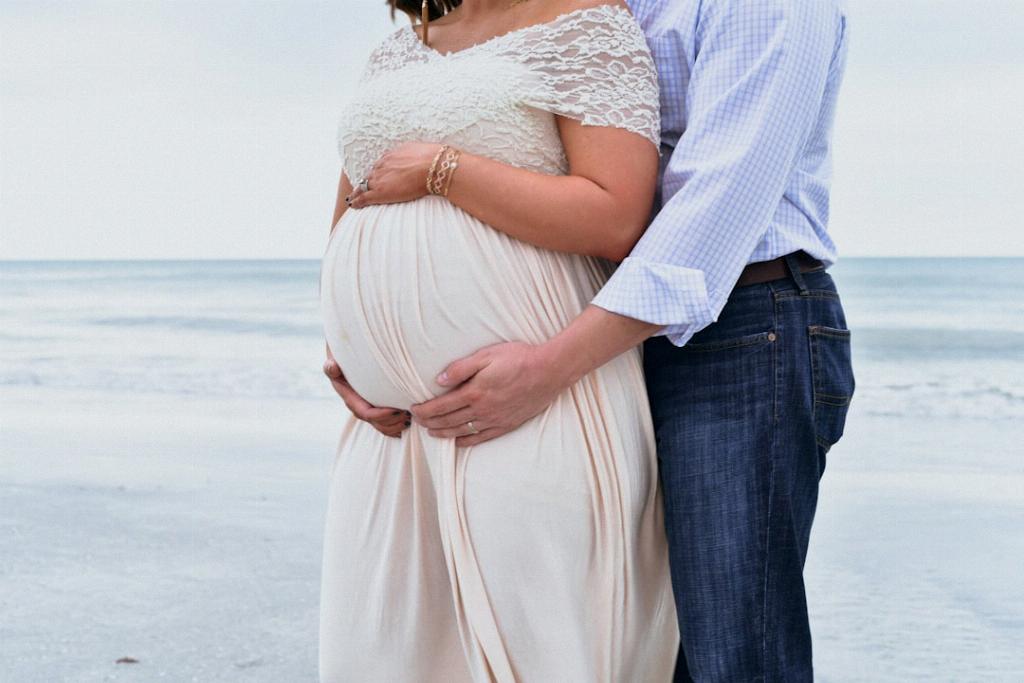When it comes to early detection pregnancy tests, one common concern many individuals have is the potential for inaccuracies. It’s essential to understand that while these tests are designed to detect the presence of human chorionic gonadotropin (HCG) in urine, there are several factors that can impact the reliability of the results.
One crucial factor to consider is the timing of the test. Taking a pregnancy test too early can significantly increase the likelihood of receiving a false-negative result. This is because the levels of HCG in the body may not be high enough to be detected by the test in the early stages of pregnancy.
For the most accurate results, it is recommended to wait until after the first day of a missed period before taking a home pregnancy test. By waiting until this point, you can increase the chances of the test detecting the presence of HCG in your urine, thus reducing the likelihood of a false-negative result.
It’s important to note that even following the recommended timing for taking a pregnancy test, there is still a possibility of receiving a false-negative result. This can occur due to variations in HCG levels among individuals and the sensitivity of the test being used.
In addition to timing, other factors such as improper test execution or using an expired test kit can also impact the accuracy of the results. Ensuring that you follow the instructions provided with the test kit and checking the expiration date before use can help minimize the chances of errors.
Another consideration when it comes to early detection pregnancy tests is the potential for false-positive results. While less common than false-negatives, receiving a false-positive result can also happen due to factors such as certain medications or medical conditions that can interfere with the test.
If you receive a positive result from an early detection pregnancy test, it is recommended to confirm the result with a healthcare provider through a blood test. Blood tests are considered more accurate than urine tests and can provide a definitive answer regarding your pregnancy status.
It’s essential to remember that no test is foolproof, and there is always a possibility of errors when it comes to early detection pregnancy tests. If you have concerns about the accuracy of your test results or if you experience symptoms of pregnancy despite a negative result, it’s best to consult with a healthcare professional for further evaluation.
In conclusion, while early detection pregnancy tests can be valuable tools for confirming pregnancy in the comfort of your own home, it’s crucial to consider the factors that can affect the accuracy of the results. By understanding these factors and following the recommended guidelines for test timing and execution, you can increase the reliability of your test results and make informed decisions regarding your pregnancy status.

